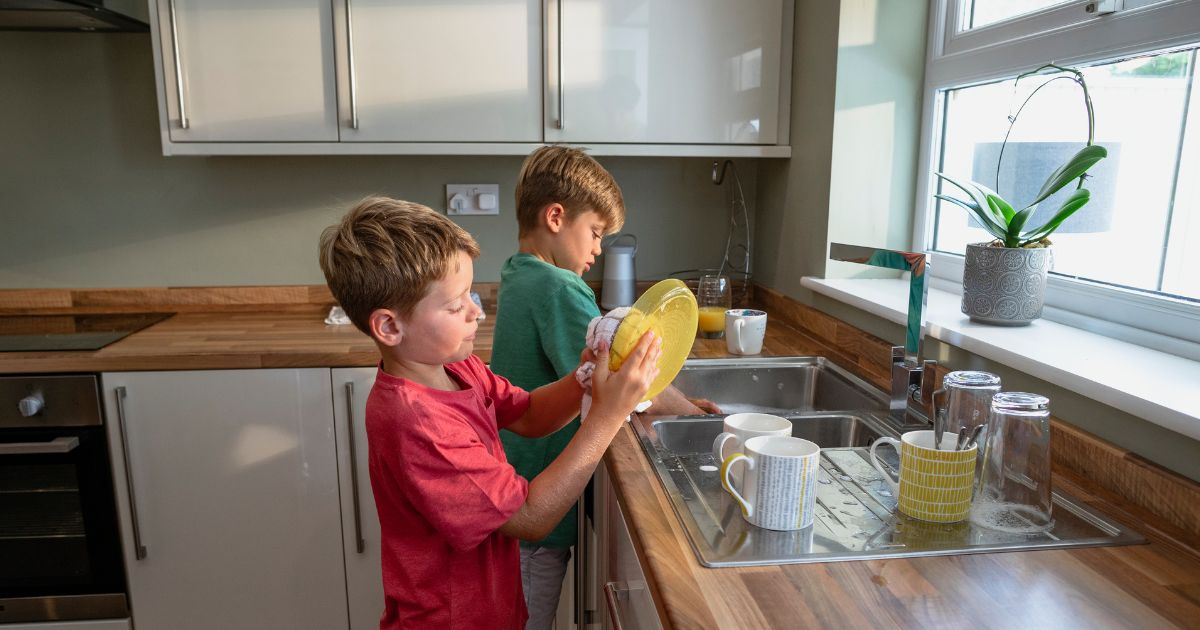As parents, one of our most important tasks is teaching our children the value of responsibility. By introducing age-appropriate chores and life skills, we help them develop essential qualities like accountability, self-reliance, and time management. In this blog post, we will explore the importance of teaching responsibility to kids and offer practical tips for introducing chores and life skills that will benefit them throughout their lives.
Why Teach Responsibility: Teaching responsibility equips children with essential life skills that contribute to their personal growth and future success. Taking on responsibilities instills a sense of achievement and self-worth, while also preparing them for adulthood and the challenges that lie ahead.
Age-Appropriate Chores: Start by assigning age-appropriate chores that match your child’s abilities. Younger children can assist with tasks like picking up toys, making their beds, or feeding pets. As they grow older, they can take on more complex responsibilities like setting the table, doing laundry, or helping with yard work.
Create a Chore Chart: Develop a chore chart that outlines the tasks assigned to each family member. Include a system for tracking completed chores and reward their efforts with positive reinforcement, encouraging them to take pride in their contributions.
Lead by Example: Children learn best through observation. Demonstrate responsibility by fulfilling your own tasks and commitments with diligence and enthusiasm. When kids see their parents taking responsibility seriously, they are more likely to emulate this behavior.
Set Clear Expectations: Clearly communicate your expectations for each chore or life skill. Explain why these responsibilities are important and how they contribute to the family’s well-being. Clarity helps children understand the significance of their contributions.
Encourage Independence: Encourage children to take ownership of their chores and life skills. Give them space to complete tasks independently, even if it means they make occasional mistakes. Encouragement and support go a long way in building their confidence and competence.
Rotate Chores and Roles: To prevent monotony and build a well-rounded skill set, rotate chores and roles within the family. This exposes children to different responsibilities, fostering adaptability and a sense of teamwork.
Teach Financial Responsibility: Introduce money management skills by encouraging kids to save a portion of their allowance, set financial goals, and make thoughtful spending decisions. Financial responsibility is a valuable life skill that will serve them well in adulthood.
Conclusion:
Teaching responsibility through chores and life skills is an investment in our children’s future. By assigning age-appropriate tasks, setting clear expectations, and leading by example, we empower our kids to become responsible, capable individuals. Responsibility not only benefits their personal growth but also strengthens the family unit as everyone contributes to the household’s well-being. As parents, we have the opportunity to instill these valuable qualities in our children, guiding them towards a future of accountability, self-reliance, and success.









Leave a Comment